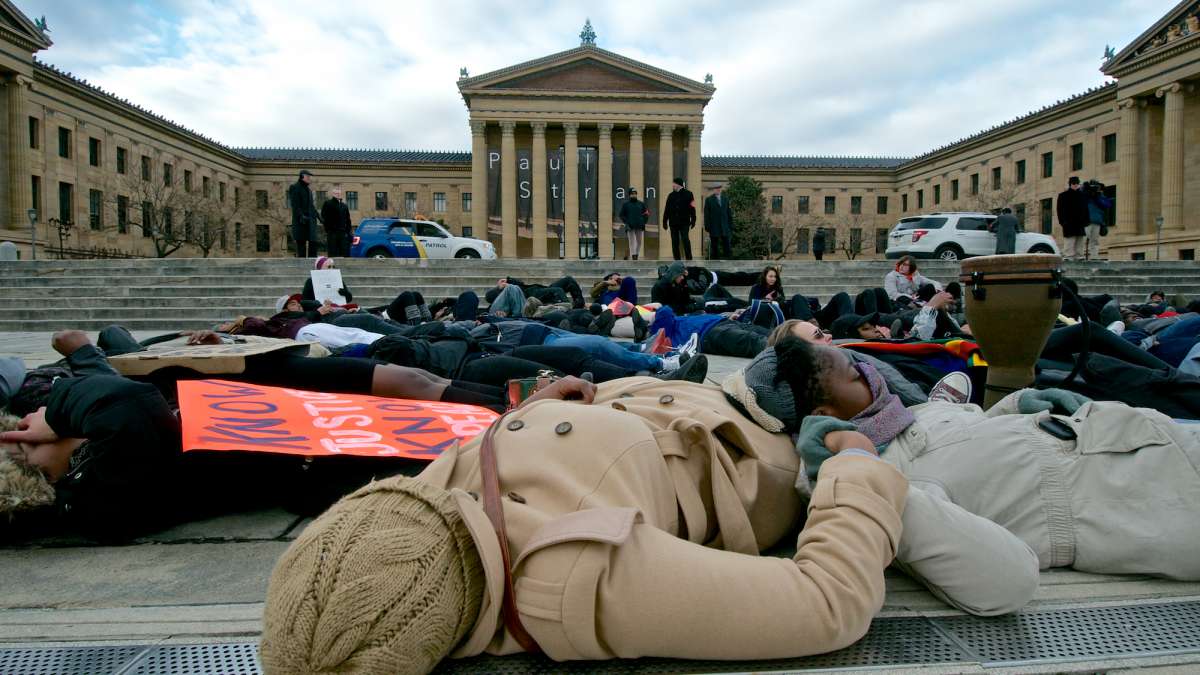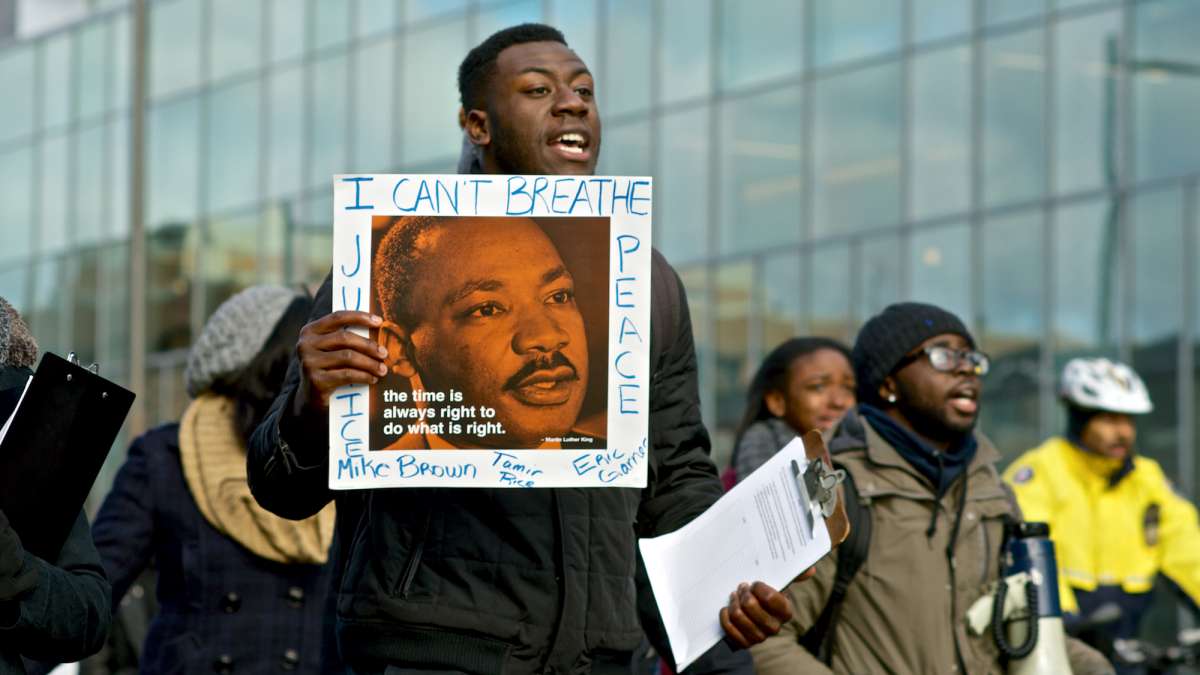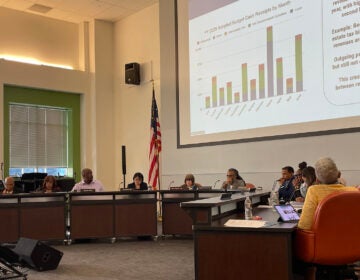ASPIRA charter provider on thin ice, Philly School District says
Philadelphia School District officials say time is running out for ASPIRA of Pennsylvania to resolve a host of fiscal concerns that could jeopardize its future as one of the city’s largest charter providers.
“We’ve had numerous requests for them to provide information and address those concerns,” said Lauren Thum of the district’s charter school office. “And while we received verbal indication that they are working on them, they have not submitted anything officially in writing back to us in response.”
Thum said the district’s concerns are significant enough that they could affect ASPIRA’s request to renew its charter for one of its five Philadelphia schools, Stetson Elementary – a process that will begin in early 2015.
“If we have serious concerns in the financial space, that gets factored into renewal decisions,” she said. Such concerns could affect not only ASPIRA’s request to renew the Stetson charter, but its other four other schools as well, she said.
Thum said that the situation had reached the point where officials are unable to say for sure whether ASPIRA is spending all of its charter school dollars in the schools themselves, or whether some is being siphoned off for other purposes.
“We can’t say for sure whether or not that’s happening,” Thum said.
ASPIRA officials did not immediately respond to a request for comment.
In a recent Facebook post, however, the school defended its financial practices. The post appeared soon after a Philadelphia Daily News report showed that an ASPIRA contractor was paid more than $160,000 for painting at Olney High — work that school staff claimed was actually done by teachers and the maintenance crew.
“Within the past year and one-half, ASPIRA and ASPIRA schools have had 26 financial audits/inquiries completed or begun for our various schools and programs at the local, state and federal levels,” ASPIRA wrote. “No instances of fiscal mismanagement have been found, reported, or disseminated by the various regulatory bodies and audit firms that have performed these audits/inquires.”
The heart of the problem: A web of interconnected organizations
In spite of such assurances, for the district to get the answers it seeks, Thum said, it would need to take a closer look at ASPIRA of Pennsylvania’s books, but so far the nonprofit has not complied with the district’s requests. District officials are entitled access to financial and academic information about ASPIRA’s individual schools, but the nonprofit has balked at providing access to the books of the parent organization.
“We can ask, and are asking, but whether or not they have to fulfill that request is up for debate,” Thum said.
At the heart of the district’s concern is the complex network of interlocking entities that ASPIRA uses to manage its schools. Citing “audited financials,” officials say that each of ASPIRA’s five charters has been set up as an independent nonprofit subsidiary of ASPIRA itself, but each of the five also uses the same board of trustees.
The district is concerned that ASPIRA is improperly shuffling money around those various subsidiaries and the parent organization. Thum said the district has many questions about the “management agreements” that guide the way money flows among these subsidiaries.
ASPIRA of Pennsylvania “can dictate the content of those agreements, and the amount of money that flows to ASPIRA, and then what they do with that money,” Thum said. “And we have concerns about how much money is being sent up to ASPIRA, and then our ability to effectively know what they do with those dollars.”
In a letter sent to ASPIRA officials last July, the charter office’s Peng Chao spelled out some of the district’s concerns in detail. The five charters “cannot be operated as if they are subsidiaries,” he wrote. The “intercompany” payments between schools are “not a permissible use of charter school funds,” and the practice of using one school to guarantee a bank loan for another school is likewise “not permissible,” he wrote.
Moreover, the use of the same board of trustees for five separate schools violates Pennsylvania nonprofit law and charter school laws, Chao wrote.
“It is not clear how any of the intercompany transactions between the charter schools could have been approved when all of the schools have the same board,” he wrote.
Chao’s letter called on ASPIRA to provide a plan for addressing the charter school office’s concerns, but so far the nonprofit has not formally complied, Thum said. She said she planned to meet with Aspira officials on Friday to continue talks
Meanwhile, she said, at least two set separate investigations into ASPIRA’s practices are now under way. The district’s office of auditing services is exploring the propriety of ASPIRA’s various financial arrangements, as part of the renewal process. And the inspector general is probing the paint-contract story, which Thum said looks so far like a good example of why complex financial arrangements like ASPIRA’s are problematic.
“Even though the story about the painting just broke now, [concerns] had been brought to our attention … regarding contracts and appropriate business practices for some time now, that we’ve been looking into, and that have been on our radar,” she said. “It’s very difficult to follow the financial trail when there are so many complicated, connected entities, and money flowing throughout them.”
WHYY is your source for fact-based, in-depth journalism and information. As a nonprofit organization, we rely on financial support from readers like you. Please give today.













